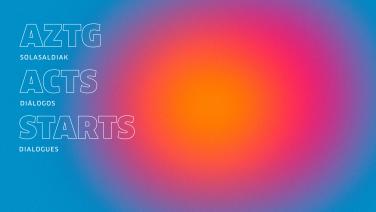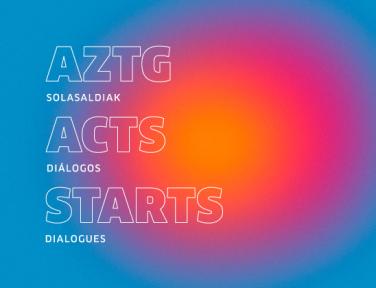The proposed dialogues are characterised by the inclusion of perspectives that point to other logics in which scientific discourses.

It is common to present technology as a single universal phenomenon, a kind of “absolute language” that defines the world and makes its development dependent on the multiplication of different technological devices. This perspective means that we fail to take into account the multiplicity of knowledge and technical resources that human activity brings together, and tends to reinforce certain clichés about the existence of civilisations or peoples that are more technically advanced than others, according to a series of poorly founded chronological comparisons. In recent decades, however, voices have emerged from other, more hybrid and interconnected historical and epistemological perspectives, reminding us of the urgency of developing other ways of thinking about technology as a social phenomenon.
Taking this technological pluralism as a starting point – assuming that each technological development is inseparable from a certain way of understanding and living in the world – this cycle has been created with the aim of broadening the ways of publicly approaching these debates.
The proposed dialogues are characterised by the inclusion of perspectives that point to other logics in which scientific discourses, artistic practice and the desire for other social and political models meet and mutually contaminate each other.
